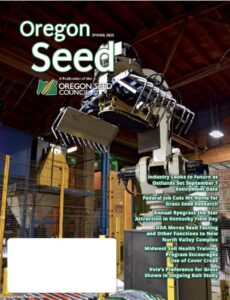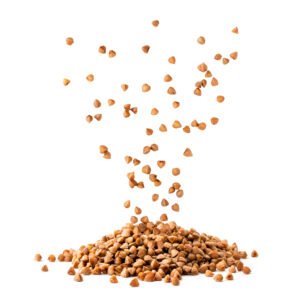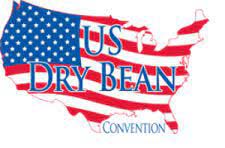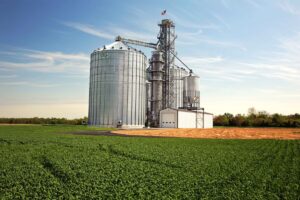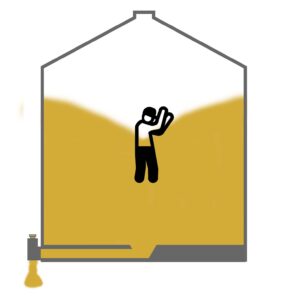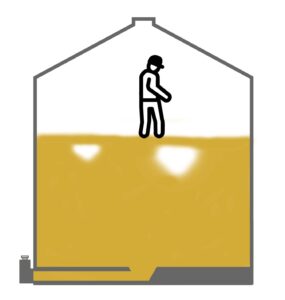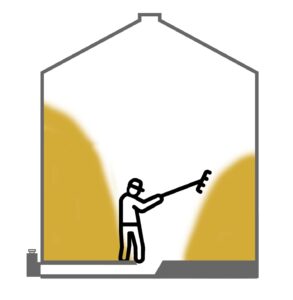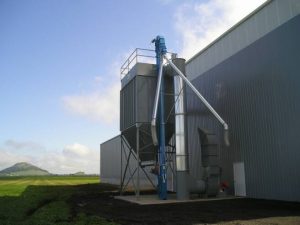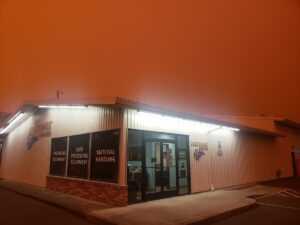Agricultural businesses honored by Salem-area economic development organization
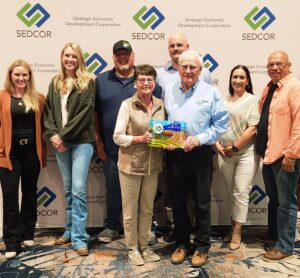
SEDCOR 2025 AGRI-BUSINESS OF THE YEAR
Agricultural and food businesses were among the winners at the SEDCOR Annual Awards & Membership Meeting Sept. 12. West Coast Companies, which sells and distributes agricultural processing equipment, was named Agri-Business of the Year by the economic development organization.
Merrissa Burleigh, vice president, told the crowd that the company’s nine workers have experience and they’ll provide clients with the right answer — even if that means telling them they don’t need new equipment.



